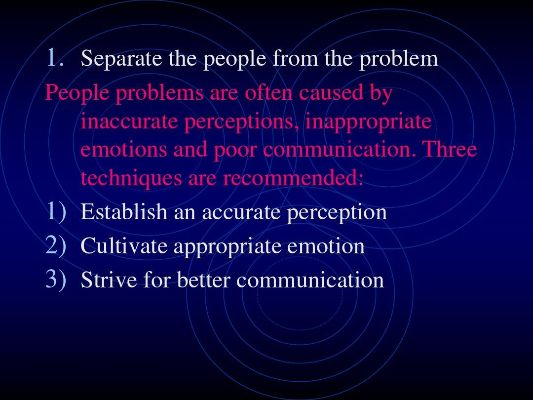The term "Pron" likely refers to a proper name or an abbreviation with specific pronunciation and significance. However, without further context, it's difficult to provide detailed information. Pronunciation can vary depending on the language and specific usage. If it's a foreign word, its pronunciation might follow the rules of that language. Significance could be related to a person, a concept, an organization, or something else entirely. It could have historical, cultural, or personal importance. To fully understand the pronunciation and significance of "Pron," more context and background knowledge are needed.
In the vast realm of language, the term "pron" holds a certain significance. It is an abbreviation that often refers to something related to pronunciation. Pronunciation is a crucial aspect of effective communication, as it allows us to convey our thoughts and ideas accurately to others.
The importance of correct pronunciation cannot be overstated. It helps to avoid misunderstandings and ensures that our message is received as intended. When we pronounce words clearly and accurately, it shows that we have a good command of the language and are respectful of our listeners. On the other hand, poor pronunciation can lead to confusion and may even give the impression that we are not knowledgeable or confident.
There are several factors that can affect pronunciation. One of the most significant is the native language of an individual. People who grow up speaking a different language may have difficulty with certain sounds or intonations that are characteristic of the target language. This is where learning and practice become essential. By immersing oneself in the language and listening to native speakers, one can gradually improve their pronunciation.
Another factor is the context in which the words are being used. The meaning and emphasis of a word can change depending on how it is pronounced. For example, the pronunciation of a word can convey different emotions or attitudes. A soft and gentle pronunciation may suggest a more polite or respectful tone, while a louder and more forceful pronunciation may indicate excitement or emphasis.
In addition to individual pronunciation, there is also the concept of standard pronunciation. In many languages, there are certain rules and norms that govern how words should be pronounced. These standards are often based on the historical and cultural background of the language and are used to ensure consistency and clarity. However, it is important to note that there is often some variation in pronunciation even within a standard framework. Different regions or dialects may have their own unique ways of pronouncing words.
The study of pronunciation also involves understanding the phonetic system of a language. This includes learning about the different sounds, their combinations, and the rules for forming words. Phonetic transcription can be a useful tool in analyzing and comparing pronunciation. It allows us to break down words into their individual sounds and see how they are pronounced in different languages.
Pronunciation is not only important for spoken language but also for other aspects such as reading and writing. In reading, correct pronunciation helps to enhance comprehension and fluency. It allows us to recognize and understand the words more easily. In writing, pronunciation can influence the choice of words and the overall style of the text.
Moreover, pronunciation can have an impact on our self-confidence and how we are perceived by others. When we are able to pronounce words correctly, we feel more confident in expressing ourselves. This can have a positive effect on our relationships and professional interactions. On the other hand, if we are constantly worried about our pronunciation, it can lead to self-doubt and may even hold us back from fully participating in conversations or activities.
To improve pronunciation, there are several strategies that can be employed. One is to practice regularly. This can involve listening to audio recordings, repeating after native speakers, and engaging in conversations with others. Another strategy is to focus on specific areas of difficulty. For example, if one has trouble with certain consonant sounds, they can practice those sounds individually and in combination with other sounds.
In conclusion, the term "pron" is closely associated with pronunciation, which is a vital component of language. Correct pronunciation allows for effective communication, avoids misunderstandings, and enhances our overall language skills. By understanding the factors that affect pronunciation, studying the phonetic system, and practicing regularly, we can improve our pronunciation and gain greater confidence in our ability to communicate effectively. Whether in spoken or written language, pronunciation plays a significant role in how we are understood and perceived by others. So, let us continue to focus on improving our pronunciation and strive for clear and accurate communication.









 京公网安备冀I陇ICP备2022000946号-1
京公网安备冀I陇ICP备2022000946号-1
发表评论